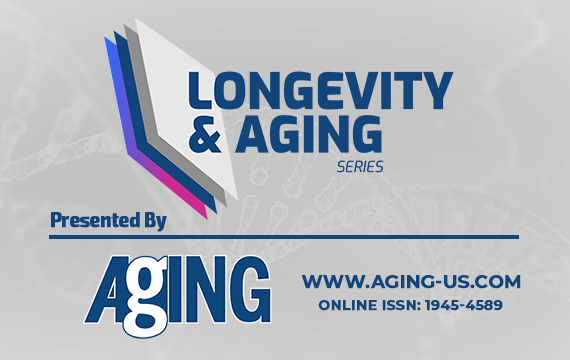Research Paper Volume 12, Issue 23 pp 23808—23821
Effect of Klotho protein during porcine oocyte maturation via Wnt signaling
- 1 Department of Theriogenology and Biotechnology, Research Institute for Veterinary Science, College of Veterinary Medicine, Seoul National University, Seoul, Republic of Korea
- 2 Department of Biomedical Laboratory Science, School of Medicine, Eulji University, Jung-gu, Daejeon, Republic of Korea
- 3 Department of Bioresource Technology and Veterinary, Vocational College, Universitas Gadjah Mada, Yogyakarta, Indonesia
Received: March 24, 2020 Accepted: August 14, 2020 Published: November 16, 2020
https://doi.org/10.18632/aging.104002How to Cite
Copyright: © 2020 Kim et al. This is an open access article distributed under the terms of the Creative Commons Attribution License (CC BY 3.0), which permits unrestricted use, distribution, and reproduction in any medium, provided the original author and source are credited.
Abstract
Klotho protein is well-known as an anti-aging agent, however, several studies have suggested that Klotho protein also increases antioxidant activity and the reproductive system, as Klotho protein is closely associated with Wnt signaling. The objective of our study was to investigate the enhancement of porcine oocyte in vitro maturation via the Klotho protein-Wnt signaling pathway. Following immunohistochemistry and ELISA, we treated cells with Klotho protein during in vitro maturation. Lithium Chloride, a specific activator of Wnt signaling, was subsequently co-administered with Klotho protein. Mature oocytes subjected to treatments were used for the analysis of embryonic development, qRT-PCR, and immunocytochemistry. Treatment with 5pg/ml Klotho protein significantly increased cumulus cell expansion, blastocyst formation rates, and the total cell number of blastocysts. During cotreatment with 5mM Lithium Chloride and 5pg/ml Klotho protein, blastocyst formation rates were the highest in Klotho protein-treated oocytes and the lowest in Lithium Chloride-treated oocytes. Expression levels of Wnt signaling-related transcripts and proteins were significantly impacted by Klotho protein and Lithium Chloride. Moreover, cellular ATP levels and antioxidant activities were enhanced by Klotho protein treatment. These findings suggest a significant involvement of the Klotho protein-Wnt signaling mechanism in porcine oocyte maturation.



